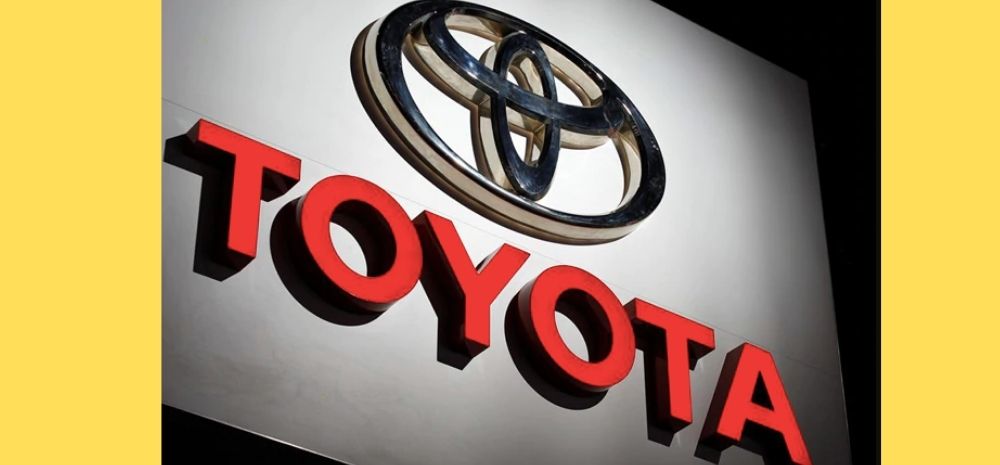High GST Forces Toyota To Stop India Expansion Plans: Big Blow To Make In India Vision?

Another blow for Prime Minister Narendra Modi led government during the gloomy times of pandemic as Toyota Motor Corp. said that they won’t expand further in India due to the country’s high tax regime.
As we all know that the Modi government is trying to lure global companies in the hope to offset the deep economic malaise brought on by the coronavirus pandemic.
What Does Toyota Say?
According to the vice-chairman of Toyota’s local unit Toyota Kirloskar Motor, Shekar Viswanathan, the government keeps taxes on cars and motorbikes so high that companies find it hard to build scale.
Apart from that the high levies also make it difficult as owning a car would be out of reach of many consumers.
He said that it ultimately comes to idling the factories and hence the jobs won’t be created further.
Viswanathan said, “The message we are getting after we have come here and invested money, is that we don’t want you,”.
So in the absence of any reforms, “we won’t exit India, but we won’t scale up”, he added.
Government To Offer Incentives
On the government’s side, they are already planning to offer incentives worth $23 billion to attract firms to set up manufacturing and also including production-linked breaks for automakers, according to sources.
Currently, the South Asian country is the fourth-biggest car market in the world.
However, international carmakers have been struggling to find a niche in this sector as it is already dominated by cheap, fossil-fueled vehicles.
Taxes Application
Currently, motor vehicles including cars, two-wheelers and sports utility vehicles (although not electric vehicles), attract taxes as high as 28% in India.
In addition to that, there can be additional levies, ranging from 1% to as much as 22%, based on a car’s type, length or engine size.
Further, a four-meter long SUV with an engine capacity of more than 1500 cc can be attracting taxes as high as 50%.
So far, luxury goods have attracted additional levies in India such as cigarettes and sparkling water.
According to Viswanathan, Such punitive taxes discourage foreign investment, erode automakers’ margins and make the cost of launching new products “prohibitive,”.
At the start of this month, India’s Heavy Industries Minister, Prakash Javadekar said that there are ongoing discussions between ministries for the reduction in taxes, but there may not be any immediate agreement on an actual cut.

Comments are closed, but trackbacks and pingbacks are open.